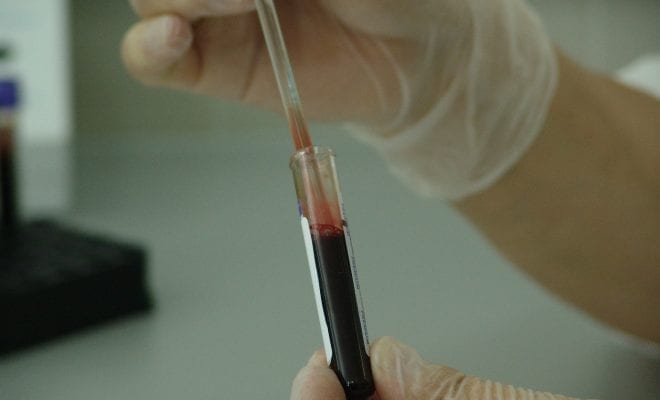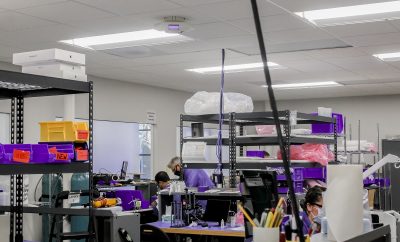
News
FDA Warns Against Using ‘Young Blood’ Treatment
On Tuesday, the Federal Drug Administration issued a warning advising people to not utilize clinics that offer infusions of blood plasma taken from young people. You heard that right – there are clinics in the United States that offer such a treatment. Welcome to 2019.
Infusions of young blood have been promoted as being effective in treating a variety of conditions, including aging, increasing longevity, and reducing the risks of symptoms of dementia, heart disease, and multiple sclerosis. However, these claims have been echoed by the FDA as being based on incomplete research.
There is no proven clinical benefit of infusion of plasma from young donors to cure, mitigate, treat, or prevent these conditions, and there are risks associated with the use of any plasma product,” FDA Commissioner Dr. Scott Gottlieb wrote in a statement Tuesday. He added that the FDA strongly discourages the use of such treatment unless done in supervised clinical trials.

The rationale behind the treatment isn’t entirely crazy though. Research has found that young blood does seem to be healthier than the blood of older people. It is found to be filled with more of the molecules and proteins that are responsible for maintaining a strong immune system. Some studies have even shown that older mice infused with the blood of young mice became healthier.
This opened the floodgates for companies to jump on the latest high-end health and wellness trend. A major problem with this was not only the inherent risks of getting a blood plasma transfusion from an unknown donor, there is also the lack of human studies that proves this treatment works.
So far, only one company who offers this treatment has responded to the FDA warnings by ceasing offering young blood plasma transfusions. As reported by CNN, California-based company Ambrosia released a statement on its website saying “In compliance with the FDA announcement issued February 19, 2019, we have ceased patient treatments.”
Many prospective patients who undergo this procedure are going into it with the assumption that this may finally be a miracle cure for their ailments. Gottlieb says he doesn’t want the treatment to “discourage patients suffering from serious or intractable illnesses from receiving safe and effective treatments that may be available to them.”





2 Comments